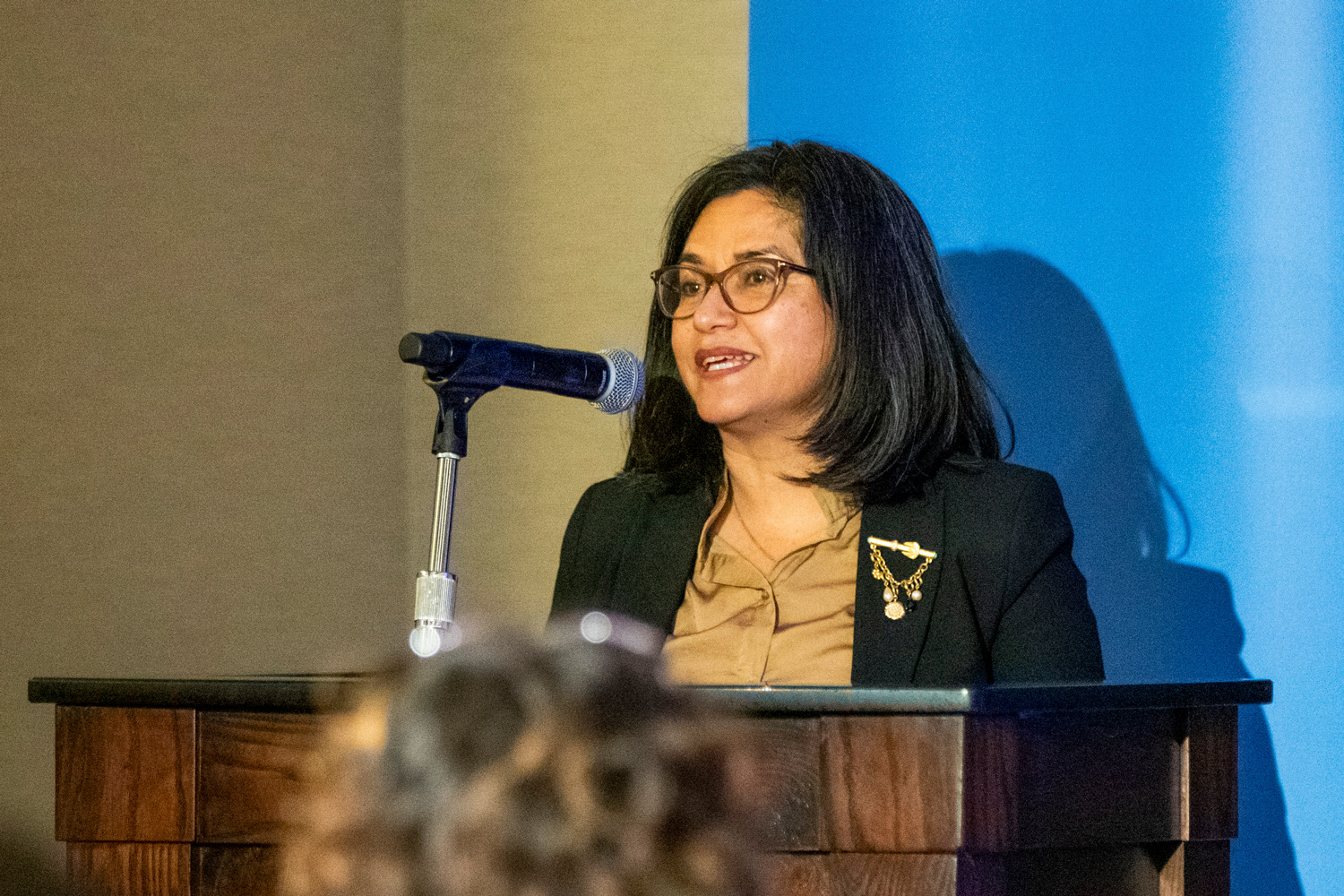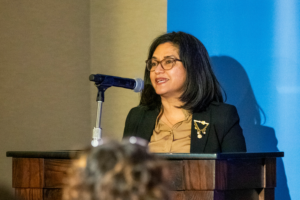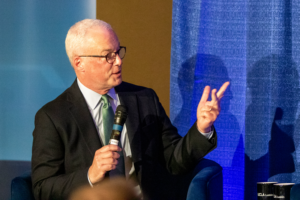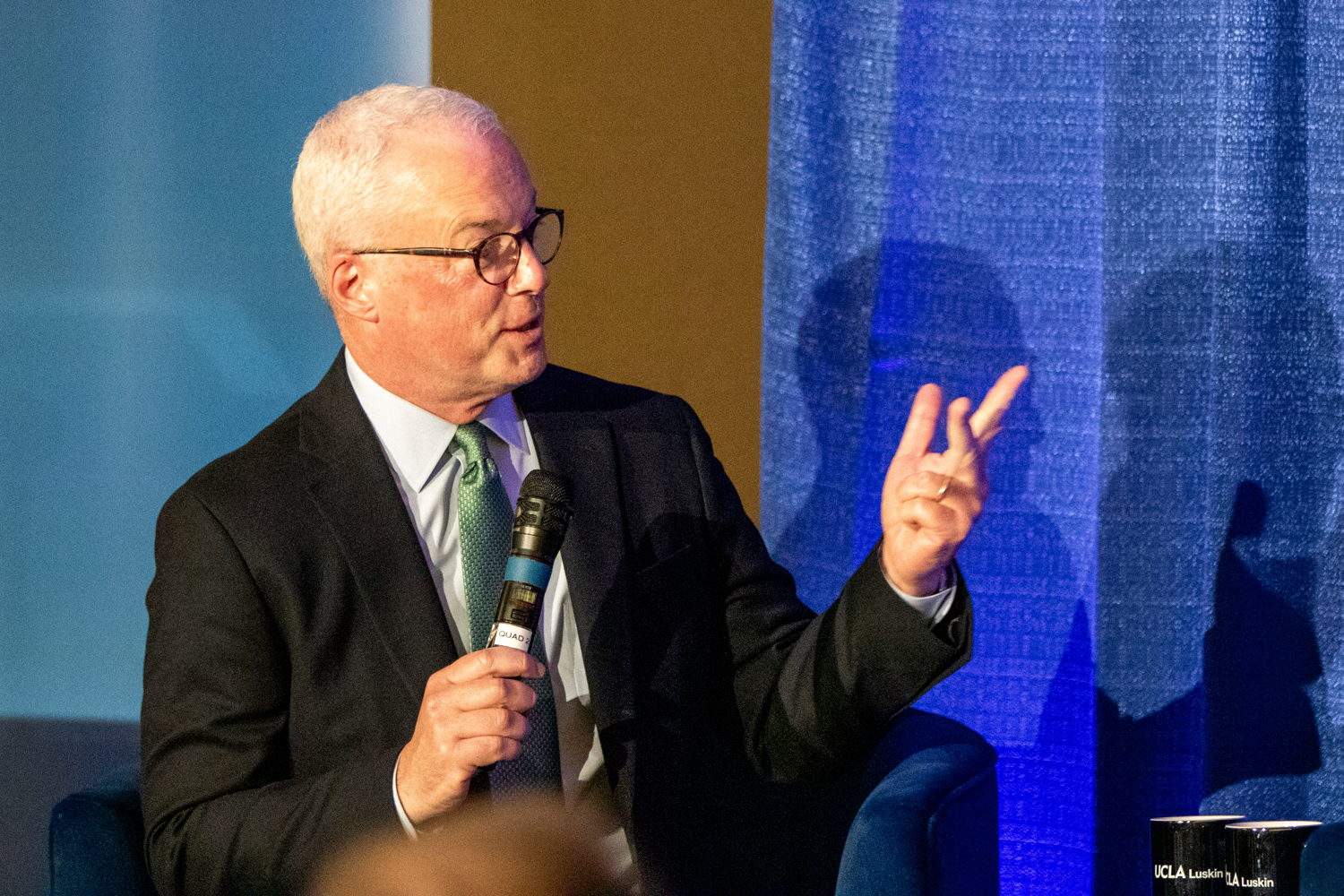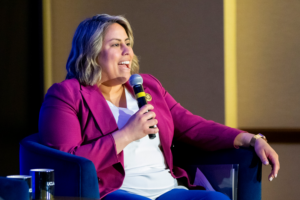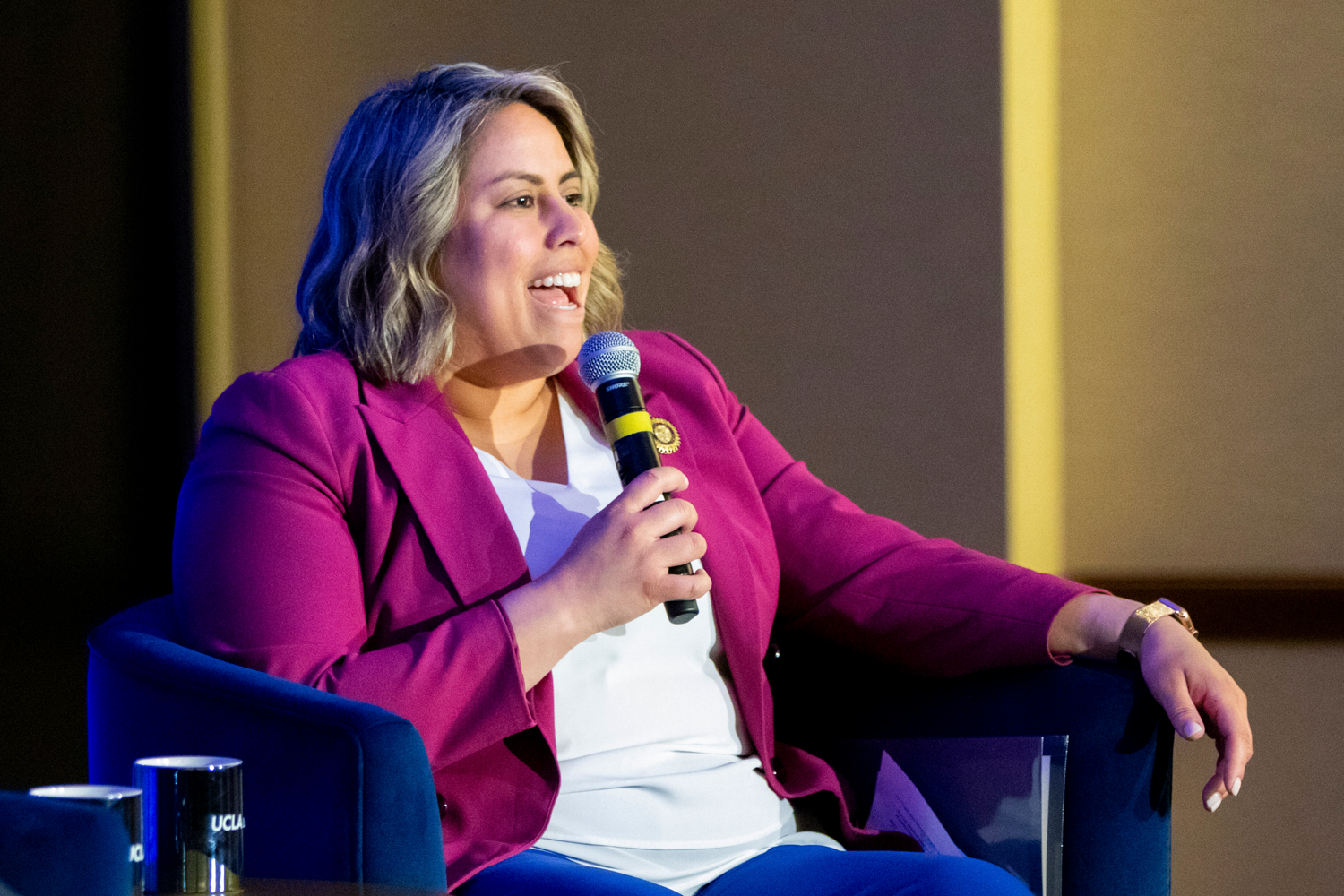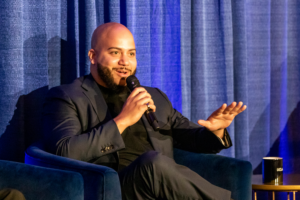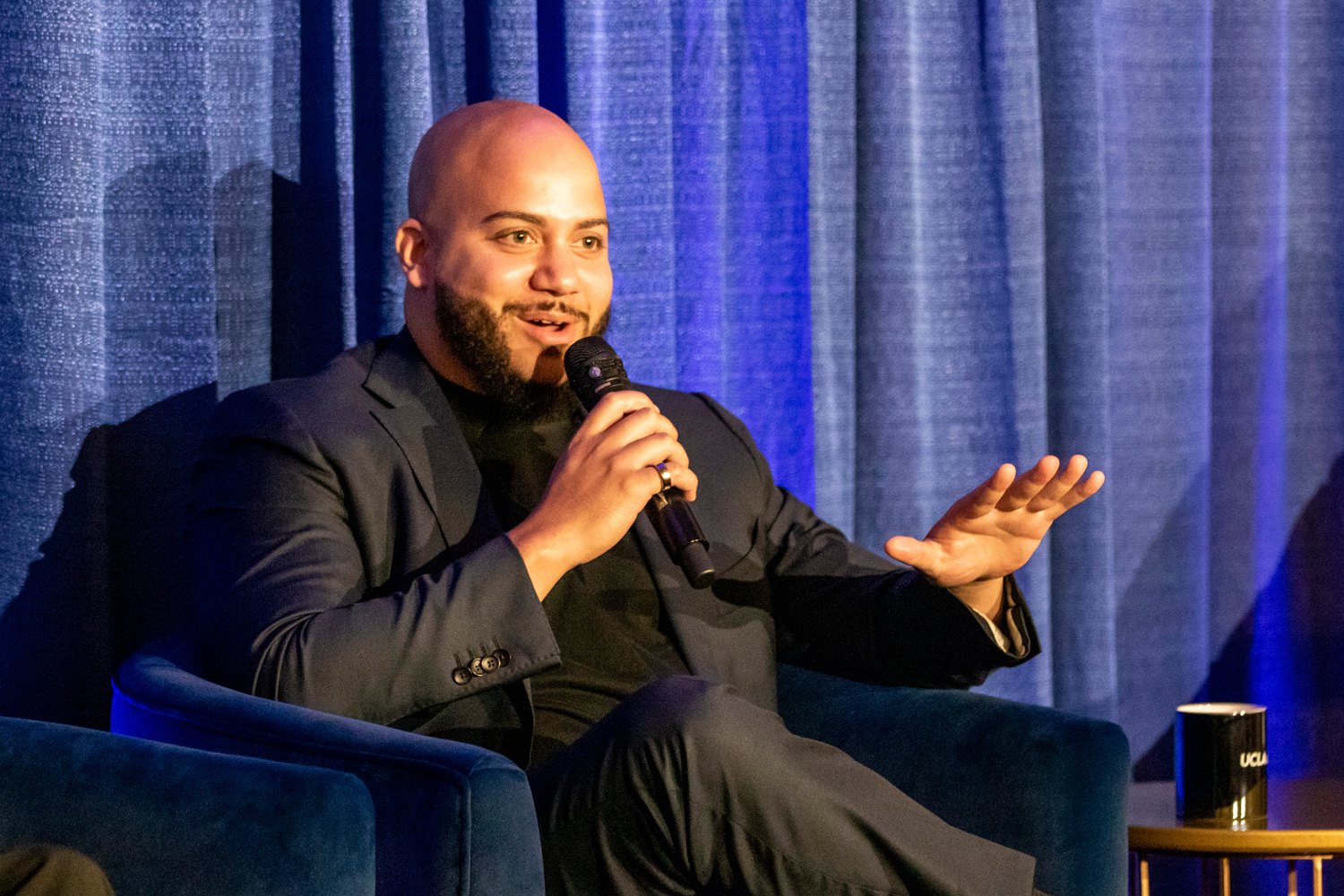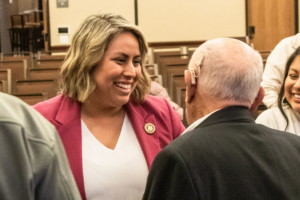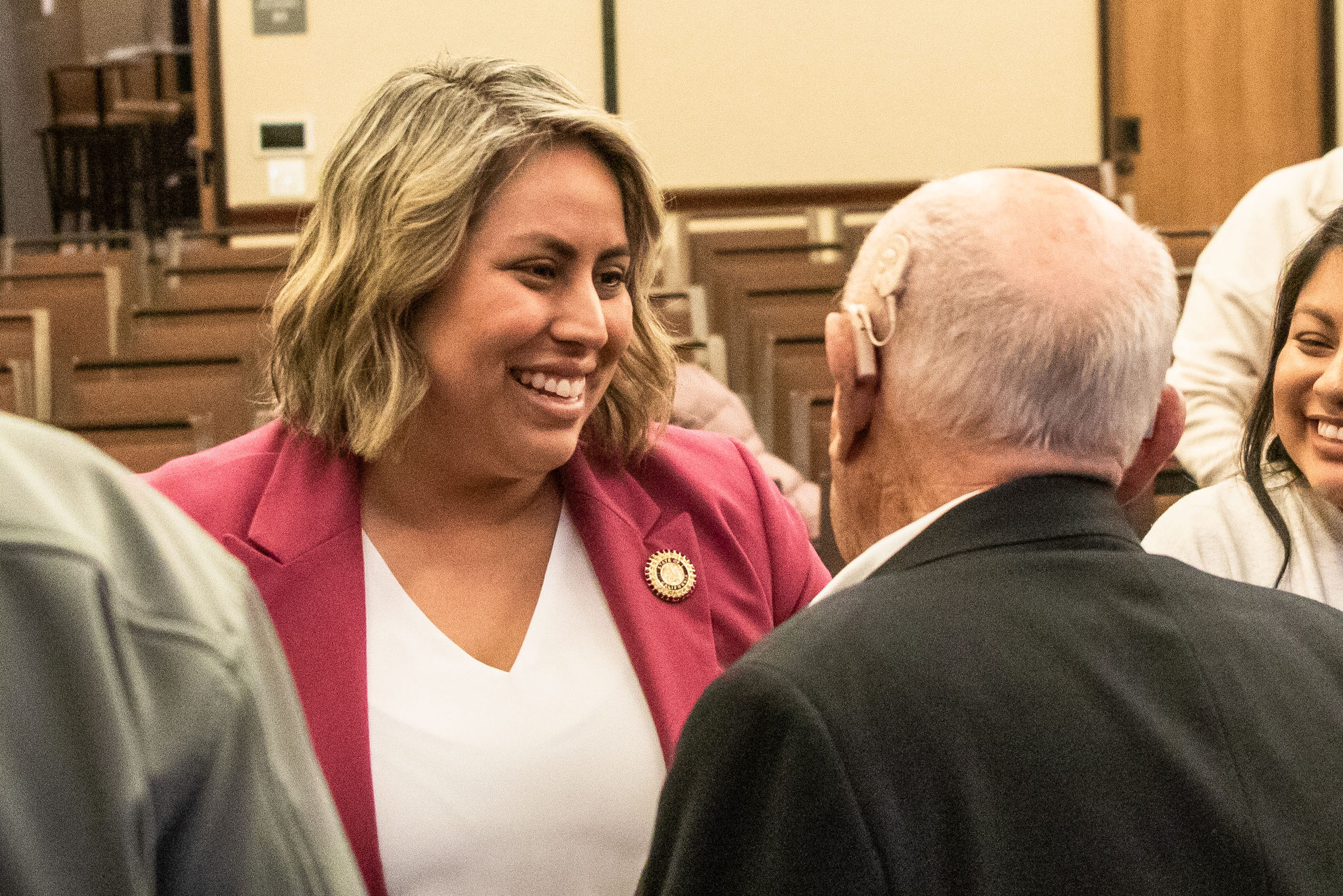L.A. County Residents’ Satisfaction With Quality of Life Matches Lowest in Year 9 of Survey High cost of housing is the most important factor impacting the annual Quality of Life Index, particularly among renters
By Les Dunseith
Concerns over the high cost of living pushed the satisfaction of Los Angeles County residents back to its lowest-ever level, with renters feeling especially pessimistic about their futures, according to an annual UCLA survey.
The Quality of Life Index, or QLI, is a project of the Los Angeles Initiative at the UCLA Luskin School of Public Affairs that measures county residents’ satisfaction in nine categories. The overall rating fell two points from last year to 53 on a scale from 10 to 100, marking the second time in three years it came in below the survey’s 55 midpoint since the index launched in 2016. That means a majority of respondents are dissatisfied with the overall quality of their lives.
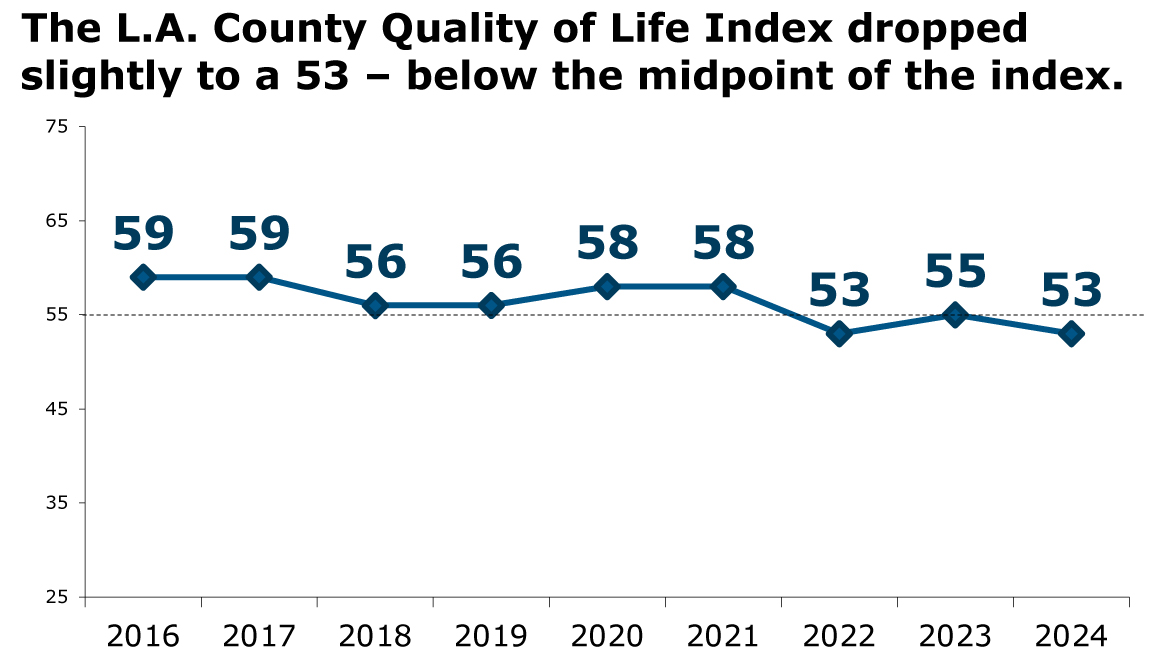
The cost-of-living rating dropped from 41 to 38, the lowest satisfaction score ever observed for any category in the survey. Although all major demographic subgroups rated the cost of living negatively, the lowest scores came from women, 36 (33 from those 50–64 years old) and Latinas, 36 — as well as renters, 35.
Zev Yaroslavsky, director of the study at UCLA, said renters, who make up nearly half of survey respondents, are being disproportionately affected by the economic and inflationary pressures facing the region. More than half, or 59%, cited housing as the most important factor in their rating.
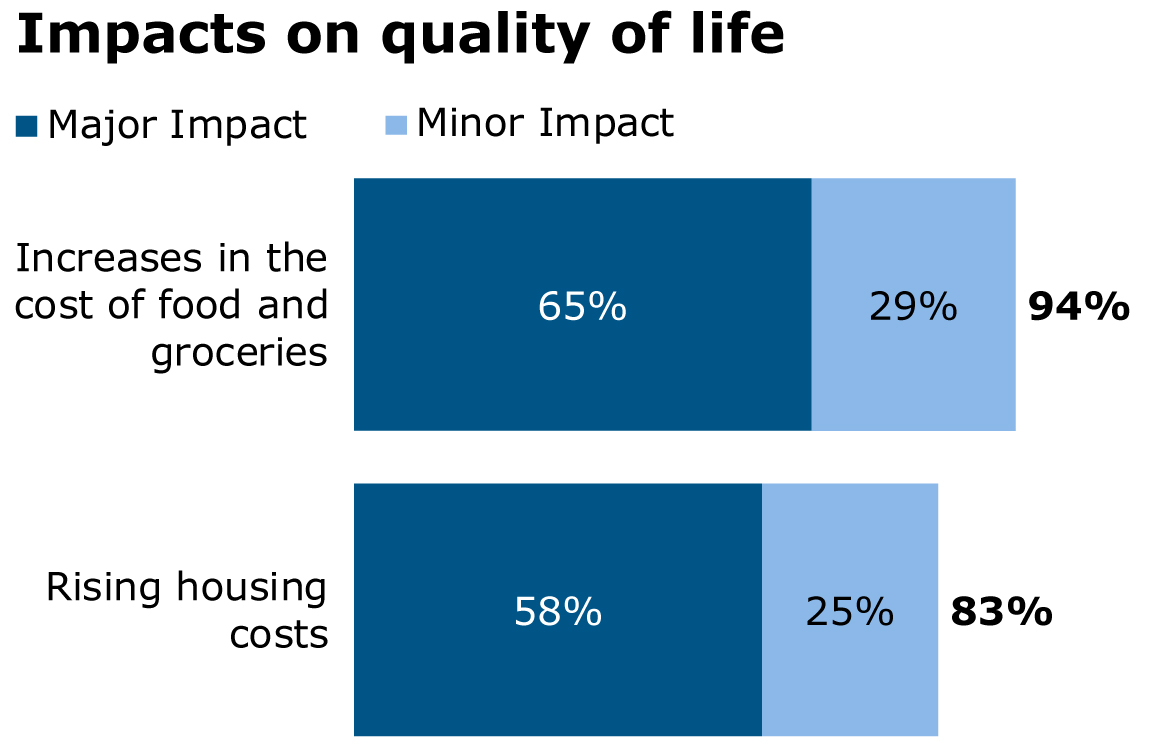
“Housing costs have gone up,” Yaroslavsky said. “And incomes have not gone up anywhere near commensurate with what’s happened to housing.”
While 61% of homeowners feel optimistic about their economic future in Los Angeles County, 51% of renters report being pessimistic. Only 23% of renters think they will be able to buy a home where they would want to live at some point in the future.
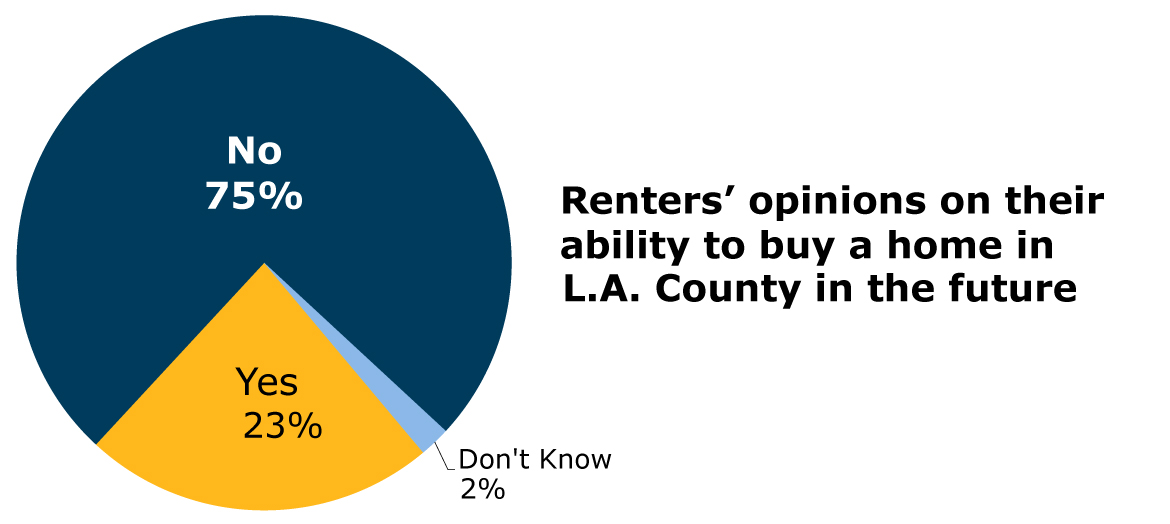
This year’s survey also produced striking results on the issue of homelessness.
“We discovered very little optimism about whether the current programs and efforts to eradicate homelessness will work,” Yaroslavsky said.
More than half, or 60%, of respondents said homelessness in their area has gotten worse over the past year, with only 10% saying it has gotten better. Just 20% are more hopeful than they were last year that the homelessness situation in Los Angeles County will improve.
Respondents were also asked whether they worried about becoming homeless themselves, with the highest levels of anxiety expressed by people living in households earning less than $60,000 annually at 44%, renters 37% and African Americans 33%.
“Despite the best efforts of state and local officials, the public is more negative and less hopeful about solving homelessness,” Yaroslavsky said.
In an election year, do such findings signal possible voter upheaval?
“It feeds an overall sense that things aren’t working well,” said Yaroslavsky, a former elected official. He framed this year’s results in the context of nearly a decade’s worth of research showing positive results for neighborhood quality and racial/ethnic relations, but low marks in categories commonly associated with decisions by public officials.
“A main theme over the last nine years is that Angelenos love the neighborhoods where they live. We appreciate diversity and get along with others better than some people think. And the quality of life for most of us is pretty good,” he said. “But at some fundamental level, people think our governmental institutions are letting them down.”
The QLI showed minor changes from the previous year in most categories, although satisfaction with education fell three points to 48, the second-lowest score behind cost of living. While transportation/traffic jumped eight points in importance from 2023, it remained among the three lowest categories in quality-of-life importance.
Among Angelenos who are employed, 55% are working full time at a workplace away from their home. Of those, 59% of Latinos, 64% of African Americans, 63% of men over age 50 and 63% of Latino men always work away from home.
The last year has seen a modest decline in most ratings for elected officials.
- Los Angeles County Sheriff Robert Luna is viewed favorably by 34% and unfavorably by 26%. Last year was 37% favorable and 21% unfavorable.
- Los Angeles Mayor Karen Bass is viewed favorably by 42% and unfavorably by 32%, a drop from 46% favorable and 23% unfavorable in last year’s QLI.
- Respondents had a slightly favorable view of the city councils in their cities: 37% favorable and 32% unfavorable. The Los Angeles County Board of Supervisors is viewed more negatively: 27% favorable and 35% unfavorable.
Regarding the environment, 25% of respondents said climate change had a major impact on their quality of life in the last year; 38% saw a minor impact. The 2024 QLI also asked about the availability of air conditioning: 75% of Angelenos have it in their homes but with substantial variation by region, income and race/ethnicity.
- Some of the differences likely relate to climate patterns: 48% of residents in the ocean-cooled South Bay communities have air conditioning compared to 92% in the hotter San Fernando Valley.
- Residents most lacking in air conditioning, 40%, are at the lowest end of the income scale (under $30,000 per year), compared to just 11% for those making over $150,000 per year. And 30% of renters do not have air conditioning.
This year’s QLI is based on interviews conducted in English and Spanish with 1,686 county residents from Feb. 22 to March 14. The survey’s margin of error is plus or minus 3%.
Funding for the Quality of Life Index is provided by Meyer and Renee Luskin through the Los Angeles Initiative. The full report is being published April 17 as part of UCLA’s Luskin Summit.
View the report and other information about this year’s study, plus previous Quality of Life Indexes, on the website of the UCLA Lewis Center for Regional Policy Studies.

